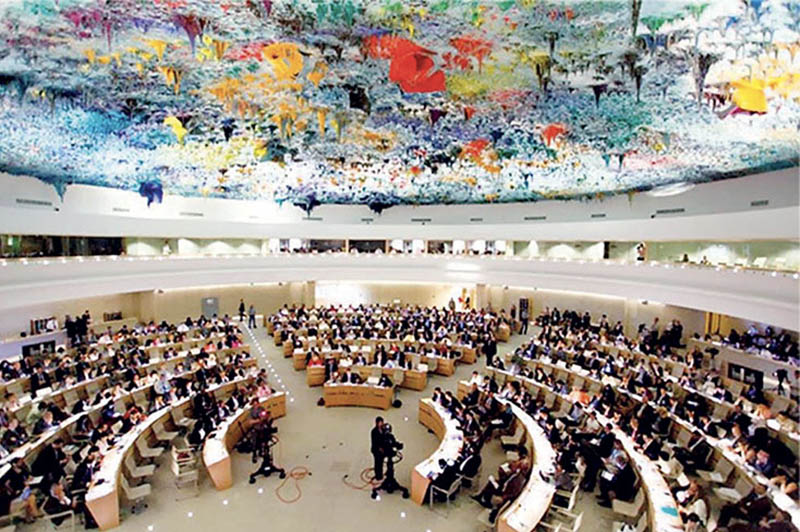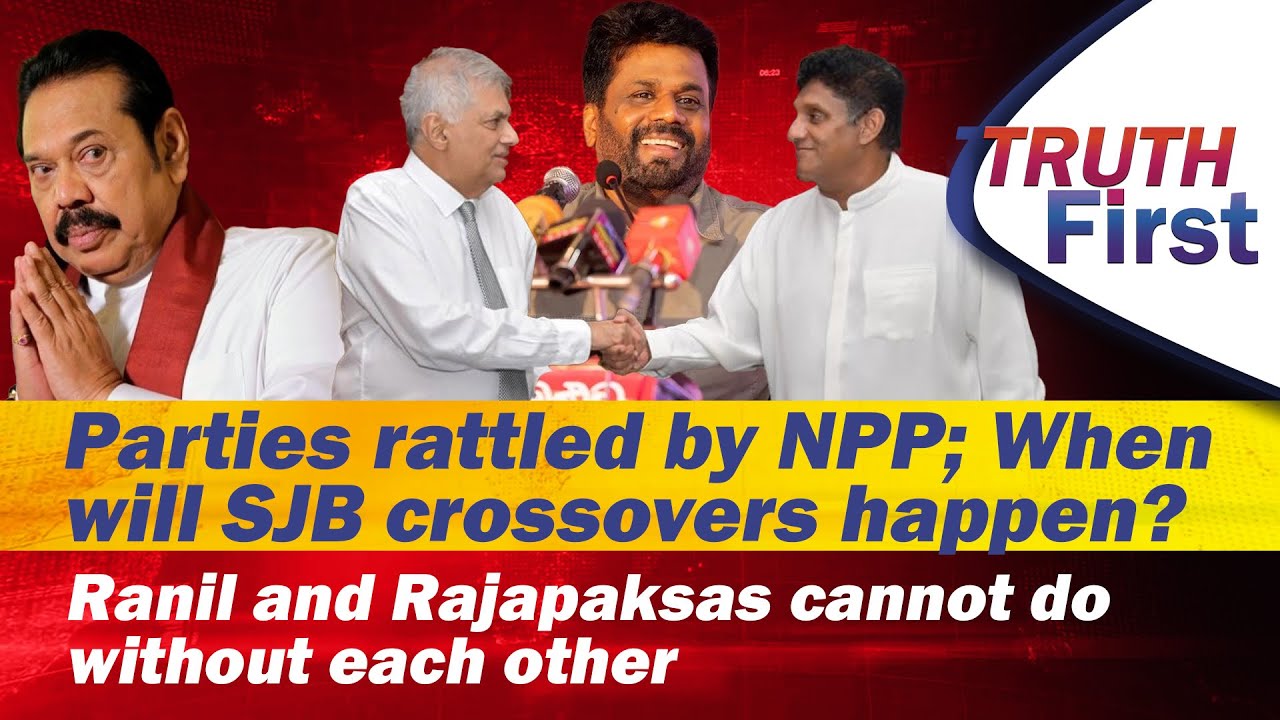War-affected Tamils feel they have been let down by the UN Human Rights Council in its report about the ‘Situation of Human Rights in Sri Lanka’ as it is not victim centric and
reflect their views.
In the copy released ahead of the session commencing on the 11th of September, most of the recommendations are oft repeated ones and just calling upon the state and are not really addressing the concerns and needs of the Tamils, they say.
Tamils point out the latest burning issues like the construction of Buddhist viharas in spite of a court order to continuing attempts to grab fertile lands and depriving the Tamils of their livelihood find very little mention in the report, and above all no word about the latest mass grave find at Kokkuthoduvai in the war affected Mullaitivu district.
The Truth and Reconciliation Commission which has been rejected outright by the Tamils finds a prominent place in the report submitted by the UN High Commissioner for Human Rights to the council
Though the report says “victims of human rights violations continue to wait for truth, justice, reparations and measures to guarantee non-repetition”, it doesn’t seem to reflect the victim’s point of view and rather appears to endorse the government’s version.
The report while speaking about the opportunities to address the challenges through governance reforms and reconciliation initiatives and says these needs to accompanied by meaningful and independent accountability measure, doesn’t highlight that no such accountability measures have in put in place.
Tamil victims have consistently rejected any internal truth-seeking mechanism and have voiced their opinion against any such process. However, the UN High Commissioner’s report seems to pushing the Tamils towards it against their wishes.
Led by Tamil mothers, Association for Relatives of the Enforced Disappearances (AERD) of the North and East provinces reiterated their call for an international inquiry in a statement on the International Day of the Disappeared (Aug 30).
“We have lost faith in the local process and as such have been staging peaceful protest in the North and East for over five and half years. We need an International Justice mechanism”
While the report speaks about the oppression of the state in the south it largely remains silent about the same happening for decades in the North and East.
The High Commissioner’s report apparently says state oppression is against all and not only against the minorities.
“The military and the police are stationed around us continuously. Its very intimidating and keeps us in the fear of death always. Also, we are very worried about the safety of our children and grandchildren. This fear is shattering us daily” AERD said in its recent statement.
Even though a recent meeting between Tamil MPs and the President to discuss accountability issues was described as a failure by the President himself,
the report of the UNHRC lauds the President of Sri Lanka for his commitment to take forward reconciliation.
The UNHRC commissioner in his report says the President has committed to advance reconciliation, including plans for the establishment of a truth-seeking mechanism.
“According to the Government, as of July, it has consulted a number of stakeholders including government bodies, civil society, trade unions, and Tamil politicians”.
The report, however, agrees that consultation has not been widespread.
“However, consultations so far have not been extensive, and victims, their associations, human rights defenders, and many notable transitional justice experts have not been included”.
But, the main stakeholder in the whole process- the Tamil victims were not directly consulted and viewpoints were never considered when the said mechanism was formulated.
Although the UNHRC report has expressed its concern about the consultation process, it has not put forward any stronger recommendation to take forward such a consultation process with the affected Tamils. As a lip service it has just urged the international community to assess the proposed truth and reconciliation commission in the best interest of the victims.
Stating further, the report says the truth-seeking process should be trusted by the victims and affected communities, which starts with genuine consultations. Political will is needed to implement the recommendations the report adds.
“It would need to take place in an environment where victims are not only free to engage without fear of reprisals but in circumstances enabling their meaningful participation.”
With the draconian Prevention of Terrorism Act still in vogue, victims still fear reprisals and people being continued to be detained on frivolous charges even for staging protests to demand and impress their rights.
Even though variations in the government version about the extent of land held by the military and the police and its release since their last report, the government has not been questioned about in its latest report.
The UNHRC High Commissioner Volker Turk in his media release on Wednesday (6) says an accountability deficit still exists in Sri Lanka.
“Sri Lanka suffers from a continuing accountability deficit - be it for war crime atrocities, more recent human rights violations, corruption, or abuse of power – which must be addressed for the country to move forward”.
However, in the UNHRC report, he has just appealed to the Government to take time to lay the proper foundation for any truth commission through broad-based consultation and confidence-building measures and has stopped short of expressing his expressing either his dissatisfaction over inaction in that regard or suggesting any concrete action.





















